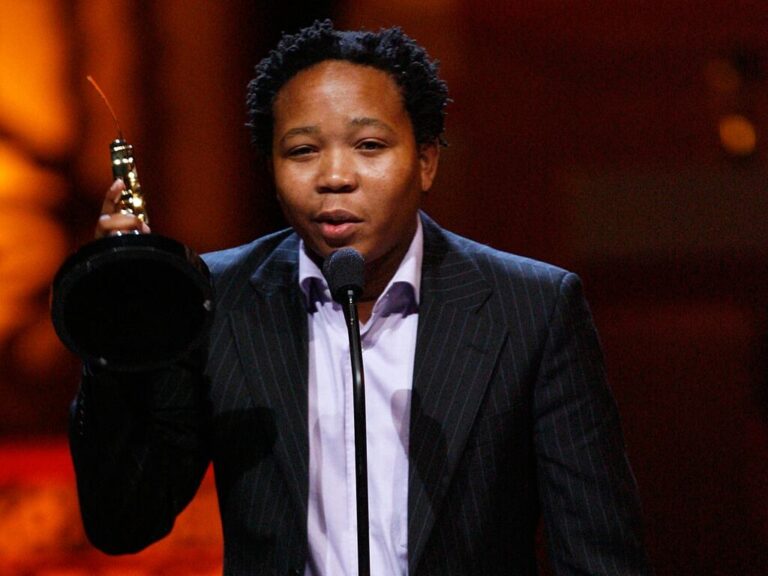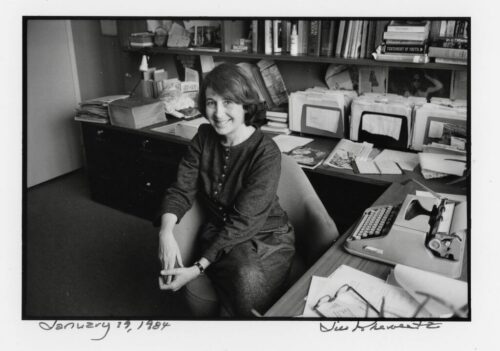Presley Chweneyagae, who drew widespread acclaim as the young star of “Tsotsi” (2005), a slum-set drama that won South Africa’s first Academy Award for best foreign-language film, died Tuesday at his home in Pretoria. He was 40.
The cause was respiratory complications, said a family spokesman, Muzwakhe Sigudhla.
Mr. Chweneyagae grew up in an impoverished township of South Africa and studied acting on the encouragement of his mother. “She didn’t want me to end up like most of the guys I know,” he told the Times of London, “so she took me to this drama institution.”
Mr. Chweneyagae appeared in stagings of works by Shakespeare, playing the title character of “Hamlet,” Mark Antony in “Julius Caesar,” and Bottom and Puck in “A Midsummer Night’s Dream.”
For “Tsotsi” – his first feature film, released the year he turned 21 – Mr. Chweneyagae immersed himself in a more contemporary drama, one set close to home, in the Johannesburg township of Soweto. He played a gang leader hardened beyond his years by the loss of his mother to AIDS, the abuse visited upon him by his alcoholic father, and the hardship of life in a shantytown and on the streets. He is known, simply, as “Tsotsi,” or hoodlum.
The film, directed by Gavin Hood and based on a 1980 novel by the venerated South African playwright Athol Fugard, was unsparing in its depiction of violence.
“The character Tsotsi, played by the charismatic newcomer Presley Chweneyagae, seems to have consumed his share of big-screen shoot-’em-ups,” wrote New York Times film critic Manohla Dargis, calling him “as compact as Al Pacino’s Tony Montana and just as lethal.”
In a critical moment of the film, Mr. Chweneyagae’s character prowls a wealthy neighborhood, shoots a young woman, drives off with her luxury car and soon discovers that her baby is in the back seat.
He takes the infant home to his shack and attempts to care for him, fashioning newspapers into diapers. Tsotsi struggles to deviate from the violence that has reigned over his life. When the baby grows hungry, he orders another mother at gunpoint to breastfeed the child. But the boy gradually kindles in Tsotsi a tenderness that he seems not to have known he had.
“How strange, a movie where a bad man becomes better, instead of the other way around,” film critic Roger Ebert wrote of “Tsotsi.” Praising the film for not sentimentalizing poverty, Ebert described the story as one of “deep emotional power” about a “young killer … who is transformed by the helplessness of a baby” and “powerless before eyes more demanding than his own.”
“It’s a story about hope, it’s a story about forgiveness, and it also deals with the issues that we are facing as South Africans: AIDS, poverty, and crime,” Mr. Chweneyagae told Agence France-Presse shortly before “Tsotsi” received the Oscar for best foreign film in 2006.
“But at the same time,” he added, “it could take place anywhere in the world.”
Mr. Chweneyagae was born in Mafikeng, in South Africa’s North West province, on Oct. 19, 1984. He acted in church plays and community theater before beginning drama lessons at 10.
His film credits after “Tsotsi” include his performance as a prisoner in “Mandela: Long Walk to Freedom” (2013), a biopic about Nelson Mandela.
Mr. Chweneyagae attracted a devoted following in South Africa for his performance in “The River,” a TV series that ran from 2018 to 2024, about two families, one rich and one poor, connected by South Africa’s diamond mining industry. His character, Cobra, inspired a spin-off, “Cobrizi.”
With Mpumelelo Paul Grootboom, he wrote a play, “Relativity,” about a serial killer in a South African township and the lives of the many people around him.
Mr. Chweneyagae was married and had several children, but a complete list of survivors was not immediately available.
For his performance in “Tsotsi,” Mr. Chweneyagae drew on his traumatic experience being mugged shortly before he agreed to take on the film role.
“When you are a victim of crime, you do tend to think, ‘If I ever come face to face with that person, I’ll kill them or do something to get back at them,’” he told the Lexington (Kentucky) Herald-Leader.
But after working on “Tsotsi,” he added, “I can see that people do not choose where they come from. They do not choose their financial background or their social background. It’s just circumstances that force them to be what they are.”


